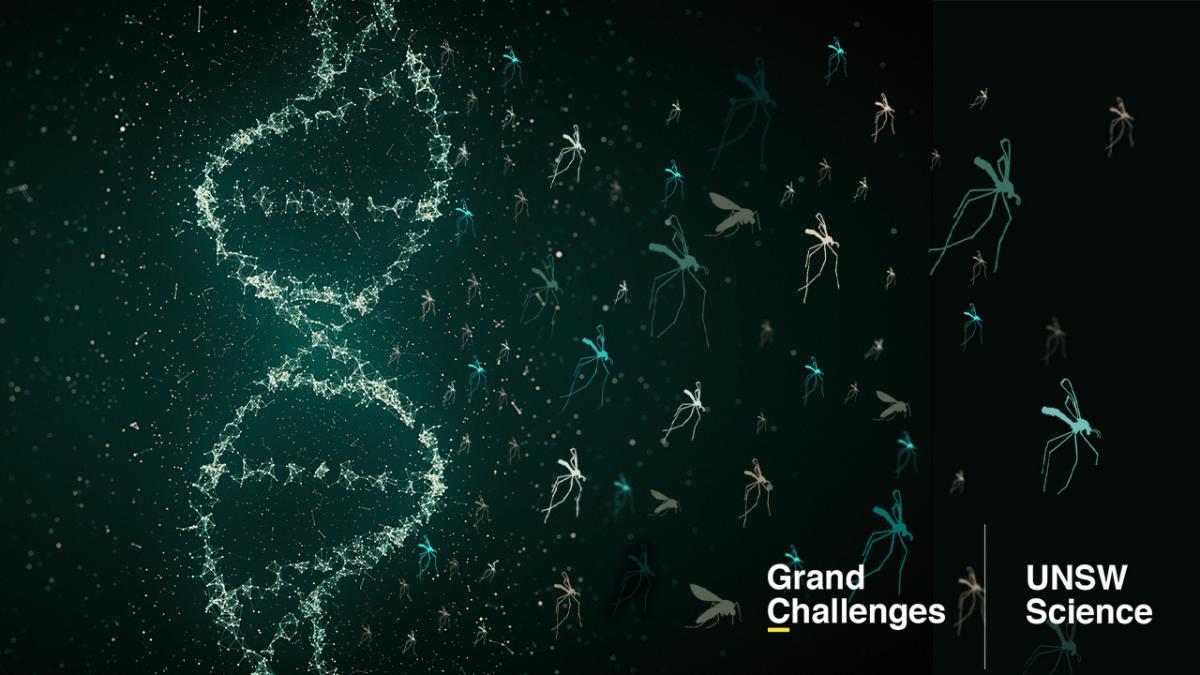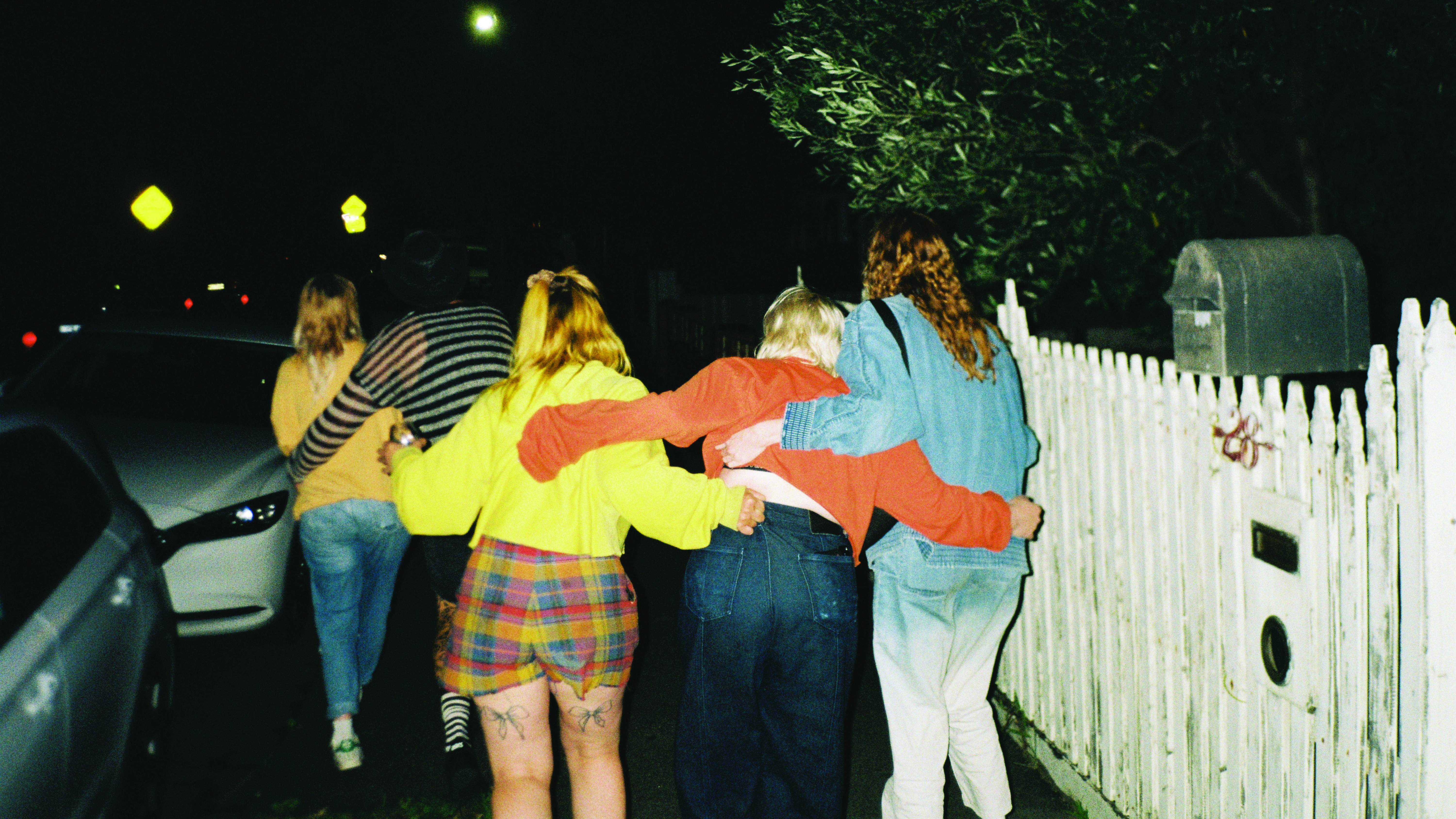Using gene drive in wild populations

Synthetic gene drive technology has the potential to spread an edited gene throughout a population over a small number of generations. Some modifications could lead to the elimination of entire populations.
The potential benefits of this technology to humanity are substantial - we could control the spread of invasive pests and even eradicate mosquito-borne diseases like malaria. But what are the barriers to creating successful gene drives? And what are the risks and unintended consequences of releasing self-driving, quick-spreading gene technologies into the wild? Under which conditions should we consider the use of this technology?
This event assembles experts from across the globe leading both the science and the social debate around this technology:
- Professor Neil Gemmell, Department of Anatomy, University of Otago
- Olivia Majorin, Target Malaria, Imperial College London
- Dr Owain Edwards, Environmental & Synthetic Genomics, CSIRO (Perth)
- CHAIR - Associate Professor Lee Rollins, School of Biological, Earth and Environmental Sciences, UNSW

Lee Rollins
Lee Rollins is a Scientia Fellow in Evolution & Ecology Research Centre and the School of Biological, Earth and Environmental Science at UNSW Sydney. She was awarded a PhD from UNSW in Conservation Genetics in 2009 and was awarded fellowships from Deakin University (2012) and from the Australian Research Council Discovery Early Career Researcher scheme (2015). Her research investigates genetic and epigenetic drivers of evolution during exotic species invasion using species like cane toads and starlings. She is keen to understand how environmental factors affect gene expression across generations, a topic that likely impacts all organisms on our planet.



